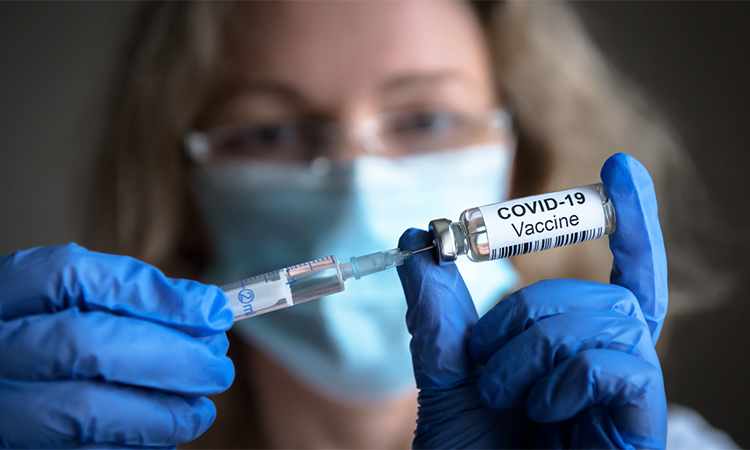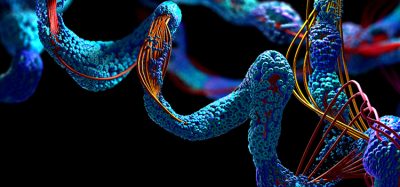Scientists develop effective intranasal mumps-based COVID-19 vaccine candidate
Posted: 29 July 2022 | Ria Kakkad (Drug Target Review) | No comments yet
The researchers used a modified live attenuated mumps virus for delivery, showing that a more stable coronavirus spike protein stimulates a stronger immune response, and suggesting a dose up the nose has an advantage over a shot.

New research by the Ohio State University, US, has advanced COVID-19 vaccine work in several ways: using a modified live attenuated mumps virus for delivery, showing that a more stable coronavirus spike protein stimulates a stronger immune response, and suggesting a dose up the nose has an advantage over a shot. Based on these combined findings in rodent experiments, the scientists one day incorporating a coronavirus antigen into the measles-mumps-rubella (MMR) vaccine to produce COVID-19 immunity in children. The research was recently published in Proceedings of the National Academy of Scientists.
“We were pushing to make a vaccine for infants and children with the idea that if we could incorporate the mumps COVID vaccine into the MMR vaccine, you would have protection against four pathogens – measles, mumps, rubella and SARS-CoV-2 – in a single immunisation programme,” said Professor Jianrong Li, senior author of the study.
To create the antigen that stimulates immunity in this vaccine candidate, researchers used a prefusion version of the SARS-CoV-2 spike protein – the shape it is in on the surface of the virus before the virus infects a cell. The spike was locked into this form by changing six of its amino acids to prolines, an inflexible amino acid.
Experiments comparing the six-proline protein, 6P, to a spike protein with two prolines, 2P, showed that the 6P induces significantly more neutralising antibodies in mice and golden Syrian hamsters than the 2P version. These are the first published results showing the 6P antigen is more effective than the 2P spike protein with which the existing mRNA and adenovirus-based COVID-19 vaccines were created, the researchers said.
“We did not test the Omicron variant for this paper, but the 6P vaccine induced neutralising antibodies and T cell activity against several variants of concern and offered complete protection from disease caused by the parent SARS-CoV-2 virus and the Delta variant,” Li said. “That is very important and suggests that if we use the 6P spike protein for vaccine protection in the future, we can enhance a vaccine’s ability to protect humans.”
In addition, team developed a rapid recombination system that enables the insertion of any antigen into a mumps or measles virus in a week. “With this technique, the MMR vaccine can be rapidly updated to protect against new SARS-CoV-2 variants as they emerge,” said study first author, Yuexiu Zhang.
Researchers vaccinated study animals by both injections and by drops into the nose, an attractive needle-free option that, the results suggested, provides superior protection against the coronavirus by inducing not only system-wide antibodies, but a broad response of specialised antibodies called IgA on mucosal surfaces of the airways as well.
The study findings also suggest that existing immunity to mumps from vaccination or previous infection may slow the initial stimulation of antibodies by the mumps-based COVID-19 vaccine, but does not prevent a strong, protective antibody response.
Related topics
Antibodies, Protein, Vaccine
Related conditions
Covid-19, measles-mumps-rubella (MMR)
Related organisations
Ohio State University
Related people
Professor Jianrong Li






